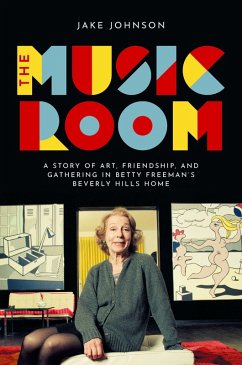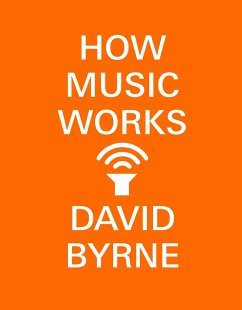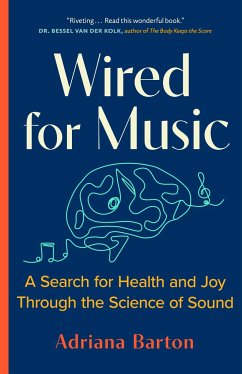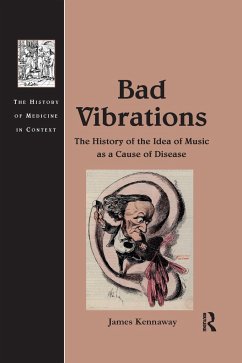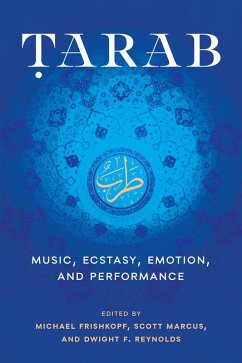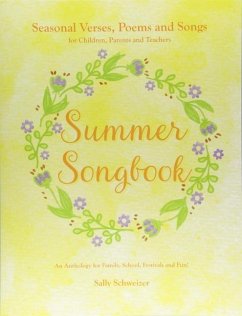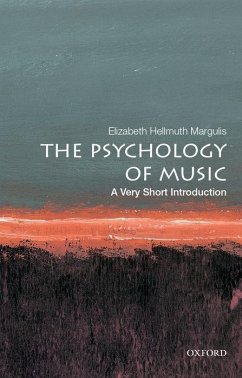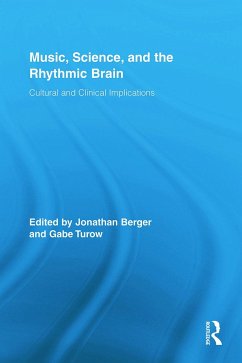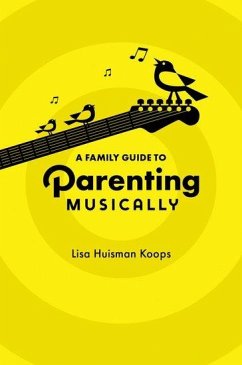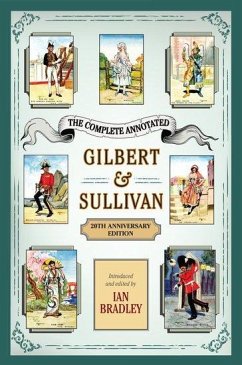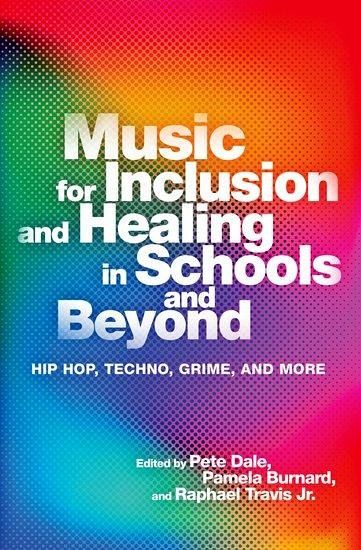
Music for Inclusion and Healing in Schools and Beyond
Hip Hop, Techno, Grime, and More
Herausgeber: Dale, Pete; Travis Jr, Raphael; Burnard, Pamela
Versandkostenfrei!
Versandfertig in über 4 Wochen
42,99 €
inkl. MwSt.
Weitere Ausgaben:

PAYBACK Punkte
21 °P sammeln!
Contemporary popular musics such as hip hop, techno, grime, EDM, drill, house and so on are among the most listened to in the world and yet, typically, they are barely covered in the music classroom if at all. Projects, programmes and practices that utilize contemporary popular musics have shown that there is huge potential here for enhanced inclusion. Music for Inclusion and Healing in Schools and Beyond argues that when this music is included in the school curriculum or utilised in therapeutic contexts, huge leaps in healing and wellness can be achieved, as well as educational attainment and...
Contemporary popular musics such as hip hop, techno, grime, EDM, drill, house and so on are among the most listened to in the world and yet, typically, they are barely covered in the music classroom if at all. Projects, programmes and practices that utilize contemporary popular musics have shown that there is huge potential here for enhanced inclusion. Music for Inclusion and Healing in Schools and Beyond argues that when this music is included in the school curriculum or utilised in therapeutic contexts, huge leaps in healing and wellness can be achieved, as well as educational attainment and enjoyment in school contexts.



